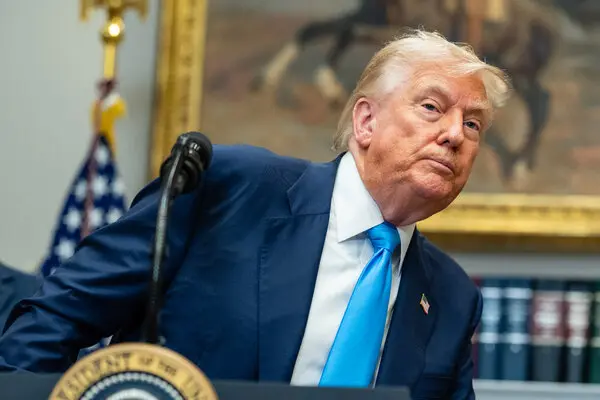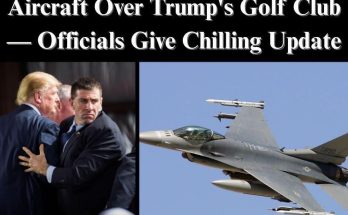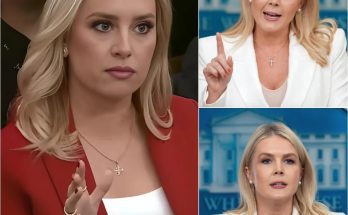Recent developments have intensified calls from some quarters for investigations and potential arrests related to the “Russiagate” allegations, particularly targeting high-level Obama-era officials including former President Barack Obama and former Secretary of State Hillary Clinton.
Director of National Intelligence (DNI) Tulsi Gabbard has been at the forefront of this renewed push. In a series of public statements and actions in July 2025, Gabbard claimed that she declassified documents proving that the Obama administration and its intelligence officials “misled the public about Russia’s role in the 2016 election.” She asserted that the “Russia collusion narrative was manufactured” to undermine Donald Trump’s presidential victory and has referred what she calls evidence of an “Obama Administration Conspiracy to Subvert Trump’s 2016 Victory and Presidency” to the Department of Justice “for criminal referral.”1 Gabbard has characterized these alleged actions as a “treasonous conspiracy” and a “years-long coup.”2
President Donald Trump has strongly supported Gabbard’s claims, publicly stating his belief that former President Obama should be “criminally investigated” over the matter. He and his allies view the focus on “Russiagate” as a political “hoax” initiated by his adversaries.3
In response to these disclosures, Attorney General Pamela Bondi announced the formation of a “Strike Force” within the Department of Justice to “assess” Gabbard’s claims and “investigate potential next legal steps.”4 Bondi stated that the DOJ would “investigate these troubling disclosures fully and leave no stone unturned to deliver justice.”5
However, these claims and calls for prosecution have faced strong rebuttals from Democrats and many legal experts. Critics, including current members of the House Intelligence Committee like Rep. Jim Himes (D-CT) and Sen. Mark Warner (D-VA), have dismissed Gabbard’s report as “misleading” and “repackaged debunked conspiracy theories.” They argue that the documents do not contradict established findings of Russian interference in 2016, and that claims of “treason” or a “coup” are baseless and politically motivated.
Legal scholars have also pointed to the high legal bars for prosecuting former presidents for actions taken during their official duties, and the lack of clear evidence presented thus far that would constitute criminal conduct, let alone charges of treason.
Despite the strong disagreements, the current administration’s actions, including DNI Gabbard’s declassifications and the DOJ’s announced “Strike Force,” signify an ongoing effort to pursue accountability for what they allege was a conspiracy against the former president related to the “Russia Hoax.”



